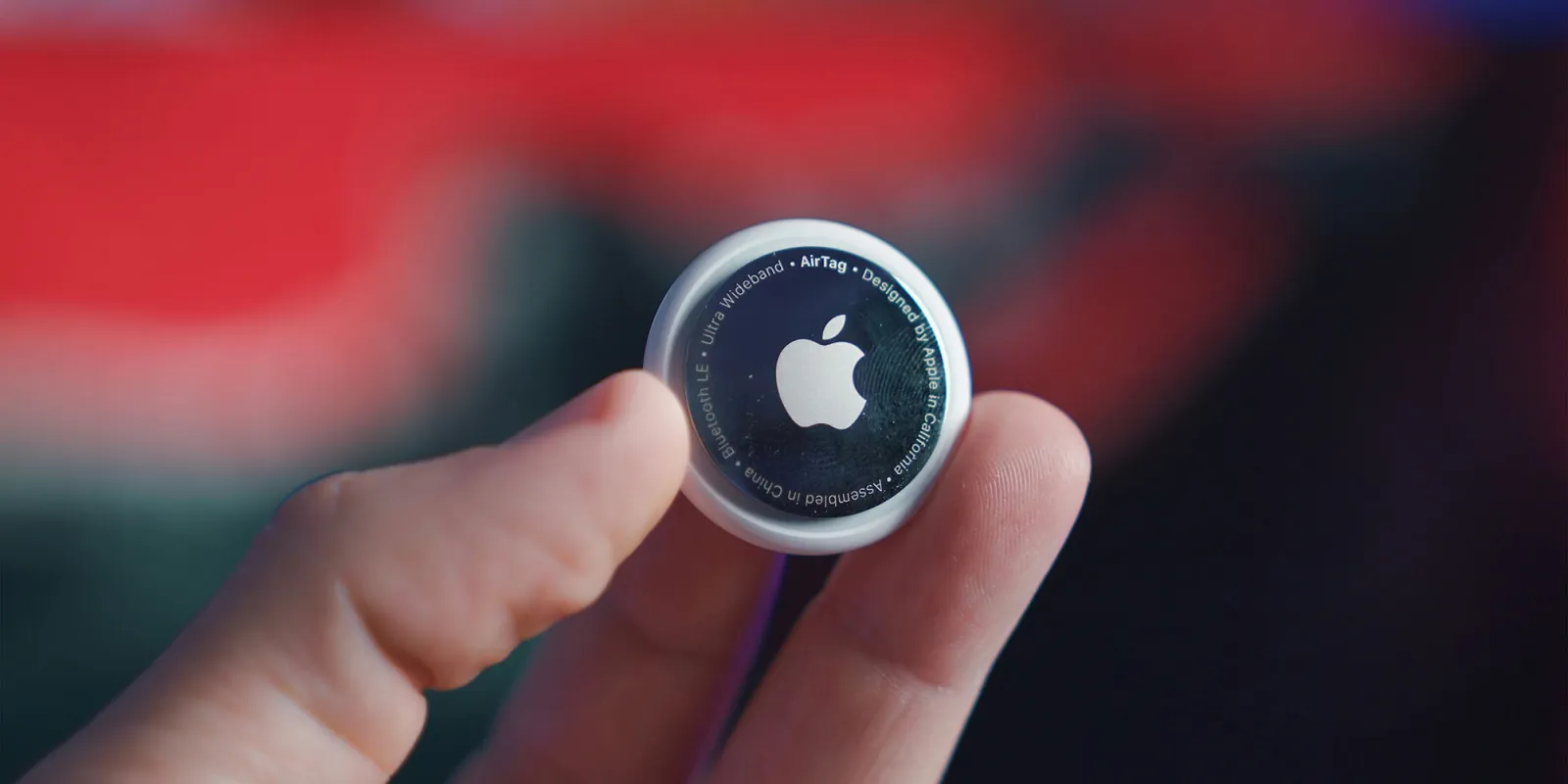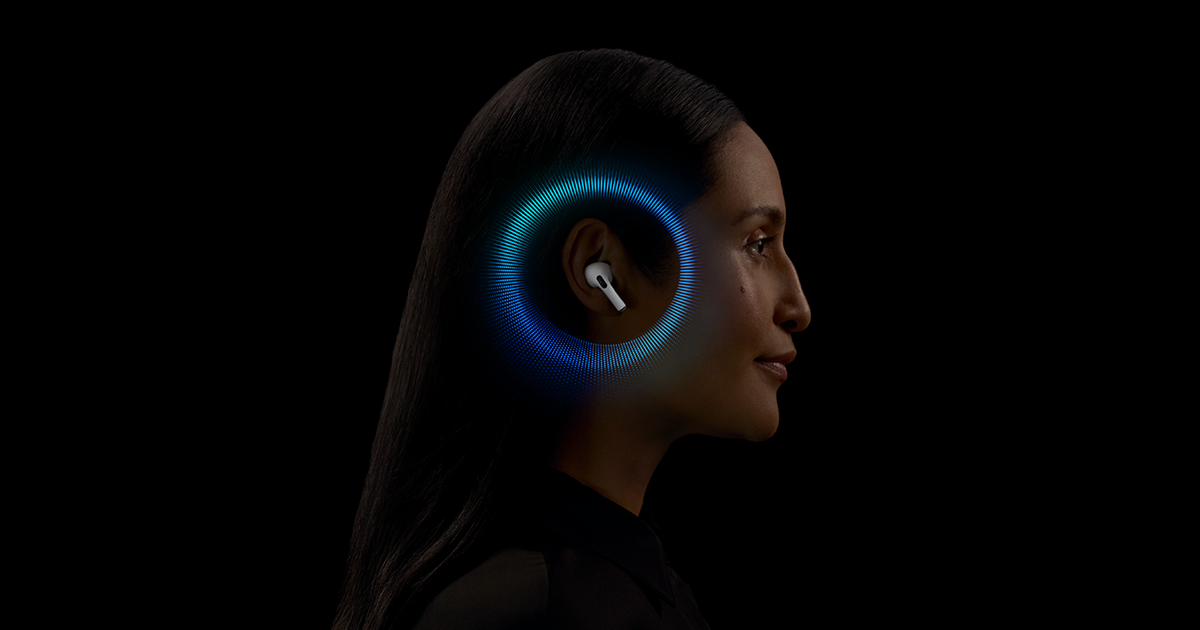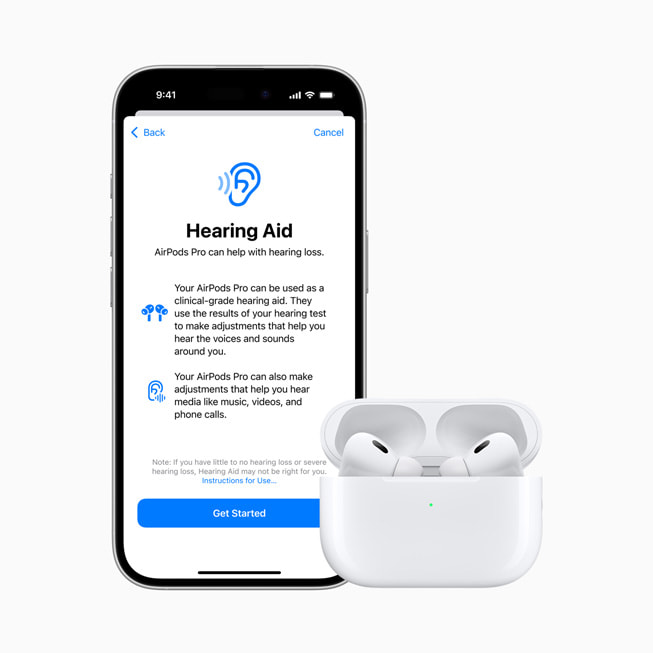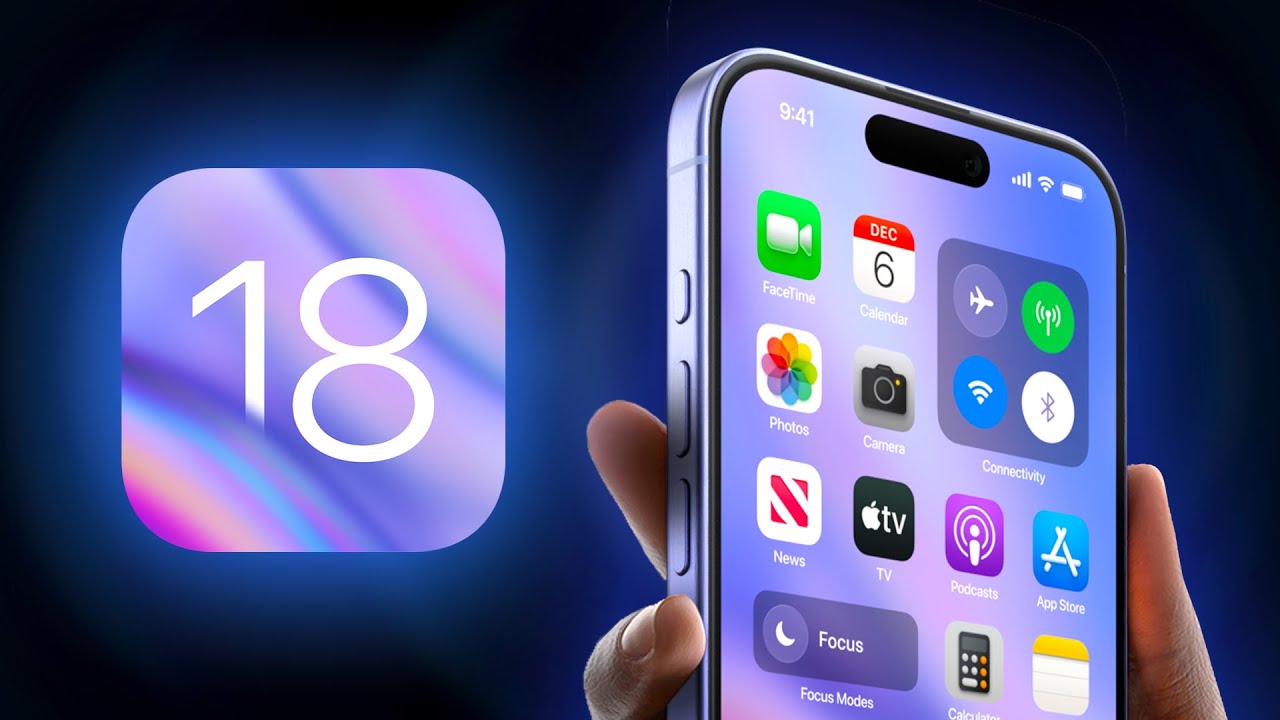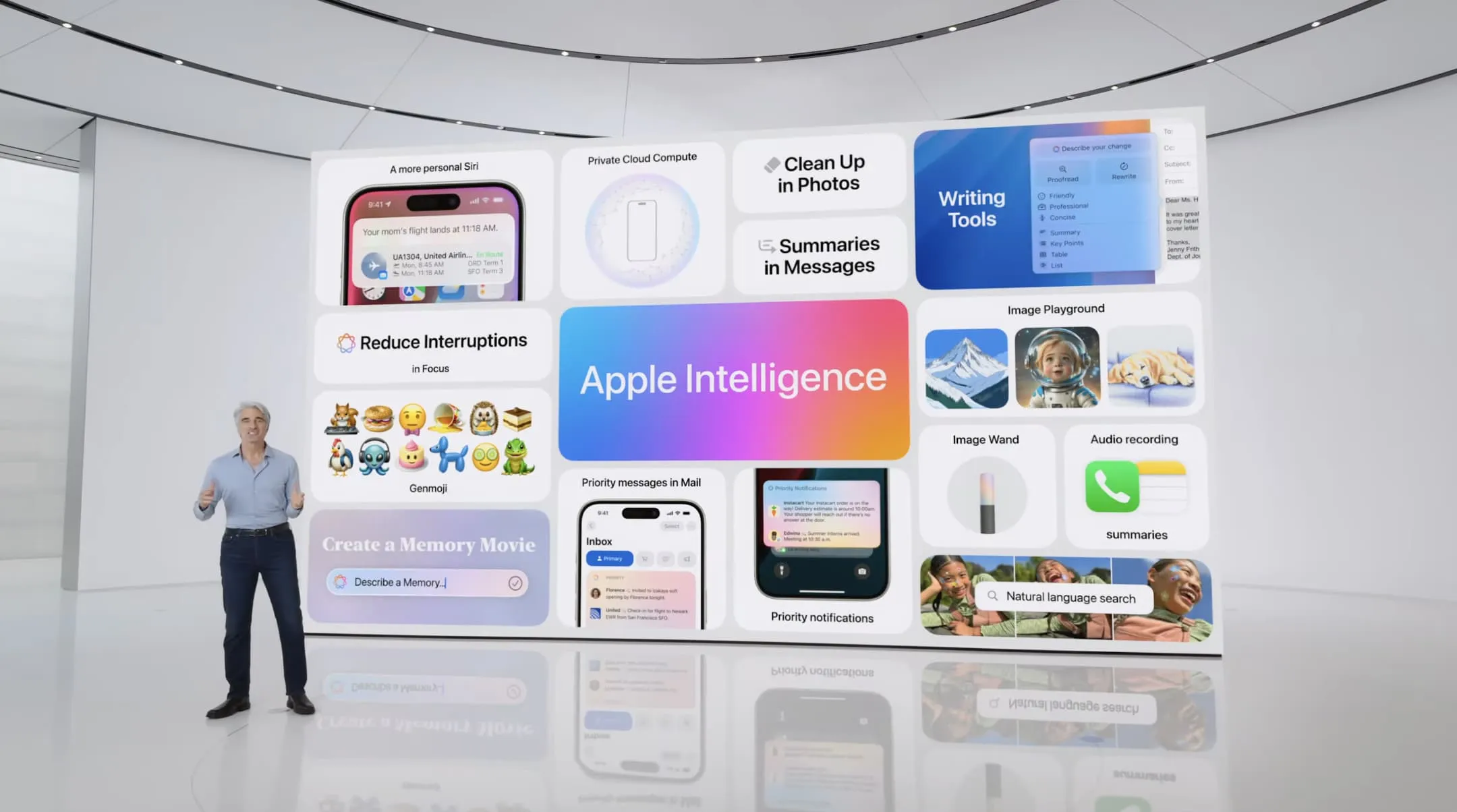OpenAI recently updated the ChatGPT app, bringing a handy new feature: a Safari Extension. This add-on lets you use ChatGPT as the main search tool for anything you type into the Safari search bar. After you get the latest ChatGPT app update, you can turn on the ChatGPT Search Extension. Just head to the Safari settings in your phone’s Settings app and switch it on. Once activated, every question or topic you enter in the Safari search bar will go straight to ChatGPT Search instead of your usual search engine, like Google.
When you enable this extension, all your Safari searches will flow through ChatGPT Search, making it your go-to search tool in the browser. The same rules that apply to using ChatGPT still count here—no changes there. To make it work, the extension will ask for permission to connect with Google.com or whatever search engine you normally use. Once you allow it, any search you type will skip your regular engine and head to ChatGPT’s search system instead.
While there’s no direct way to pick ChatGPT as your favorite search engine in Safari’s main options, this extension gives you a smart way to get around that. It’s an easy fix for anyone who wants ChatGPT to handle their searches. This update keeps things simple and smooth, letting you explore the web with ChatGPT’s help right from the Safari bar. Whether you’re looking up quick facts or digging into something bigger, this add-on makes it happen without extra steps.
You can now use ChatGPT search as your default search engine in Safari on iOS by updating to the latest version of ChatGPT and enabling the Safari extension! pic.twitter.com/yvyINPN9yv
— Aaron (@aaronp613) February 25, 2025

